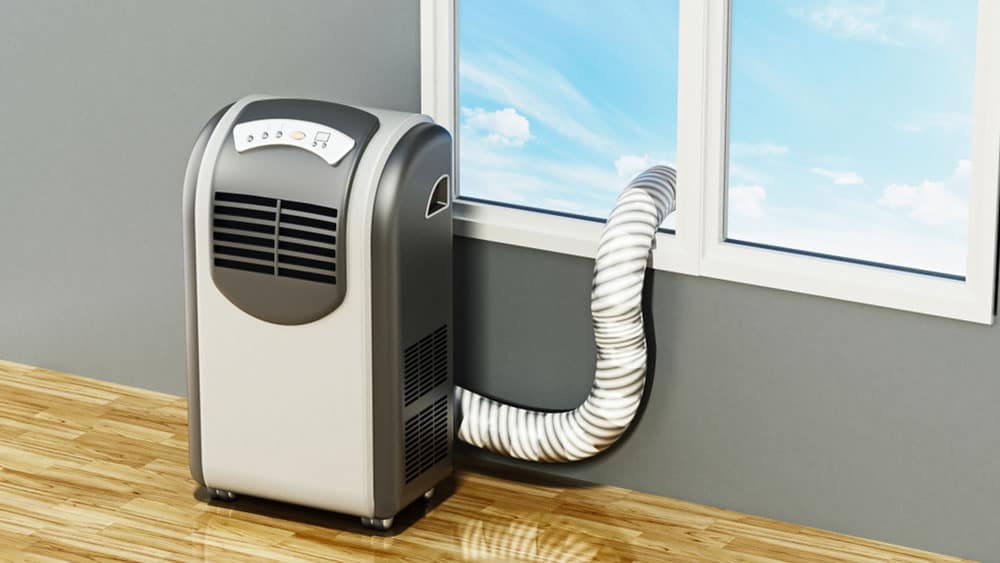Frequently Asked Questions About the Air Conditioning Installation Process

Air conditioning installation is essential for maintaining a comfortable living and working environment all year round. However, the process of installing air conditioning can be complex, and you may be wondering specifically what it involves as well as what types of air conditioners are available. This article will provide comprehensive answers to some of the most frequently asked questions about the air conditioning installation process, covering topics such as cost factors, types of systems, energy efficiency, and maintenance requirements. By understanding these aspects, you can make a more informed decision when choosing an air conditioning system that best suits your needs.
What Are the Main Factors Affecting the Cost of Air Conditioning Installation?
The overall cost of air conditioning installation is generally dictated by several factors:
- Type of system – Different systems will understandably vary in cost. For example, ducted systems tend to be more expensive than split system installations due to the more technical nature of the installation required.
- Unit size and capacity – Larger units with higher cooling capacities will naturally come at a higher price.
- The complexity of installation – If additional work is required (e.g., electrical upgrades or structural modifications), this can increase costs.
- Labour rates – The fees charged by professional installers may vary depending on their level of expertise and location.
What Types of Air Conditioning Systems Are Available?
There are generally several popular types of air conditioning systems:
- Split systems – These consist of one outdoor unit connected to one or more indoor units via refrigerant piping.
- Multi-split systems – Similar to split systems but connect multiple indoor units to a single outdoor unit.
- Ducted systems – A centralised system that distributes cooled or heated air through ductwork installed within ceilings or walls throughout the property.
- Evaporative coolers – These use water evaporation technology rather than refrigerants for cooling purposes.
Each type of air conditioner has its own set of unique advantages and drawbacks concerning efficiency, aesthetics, noise levels and ease of air conditioning installation.
How Do I Determine the Right Size/Capacity for My Air Conditioning System?
Proper sizing of your air conditioning system is crucial for optimal performance, energy efficiency and lifespan. Factors to consider when determining the right size include:
- Room dimensions – Larger rooms will normally require higher-capacity systems.
- Insulation levels – Well-insulated properties need less cooling capacity than poorly insulated ones.
- Climate zone – Regions with hotter temperatures may necessitate more powerful units.
- Occupancy levels – A building with more occupants will typically need a larger-capacity system in order to sufficiently meet demands.
A professional installer can help determine the appropriate size and capacity based on these factors and your specific requirements.
What Should I Look for Regarding Energy Efficiency in an Air Conditioning System?
Energy-efficient air conditioning systems not only save money on electricity bills, but also contribute to reducing greenhouse gas emissions. The following features generally indicate better energy efficiency:
- High Energy Efficiency Ratio (EER) or Seasonal Energy Efficiency Ratio (SEER) ratings – These are industry-standard measurements that compare cooling output to electrical input, with higher numbers meaning greater efficiency.
- Inverter technology – This allows the compressor in split systems to adjust its speed according to demand rather than operating at full capacity continuously, which saves energy.
- Zoning capabilities – Ducted systems with zoning options enable you to cool only occupied areas instead of the entire property, reducing energy consumption.
Look for products displaying Australian government-approved Energy Rating Labels for easy comparison of different models’ efficiencies.
How Often Should I Have My Air Conditioning System Serviced or Maintained?
Regular maintenance is essential for ensuring optimal performance and extending the life of your air conditioning unit. It’s generally recommended that homeowners schedule a professional service at least once a year before peak usage periods such as the summer months.
Maintenance tasks usually include cleaning filters, checking refrigerant levels/pressures, inspecting wiring/components for wear or damage, testing controls and ensuring proper airflow. You should also make sure to clean any outdoor units that are part of your system, removing any debris and checking for signs of damage or wear that may require attention from a professional technician.

